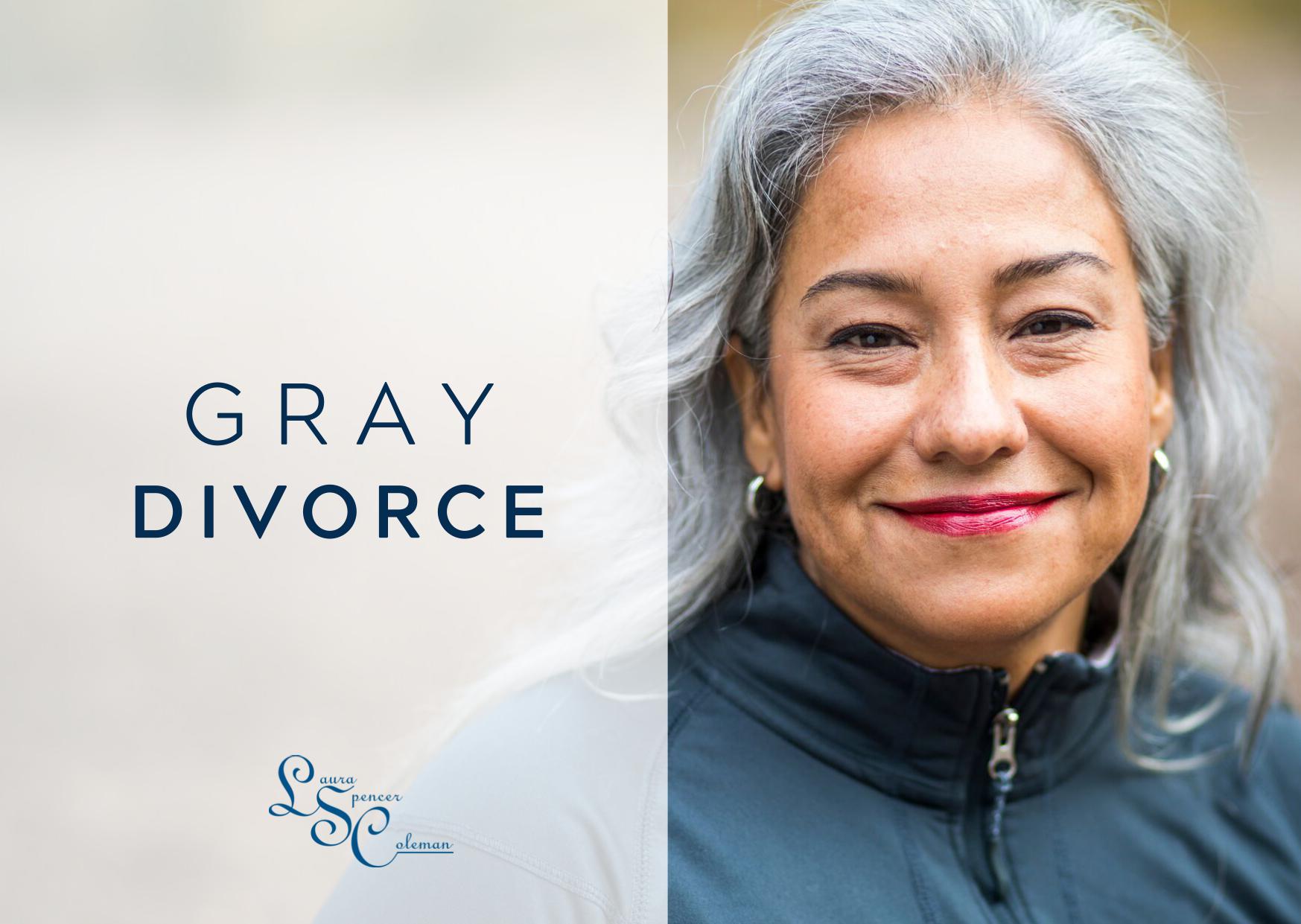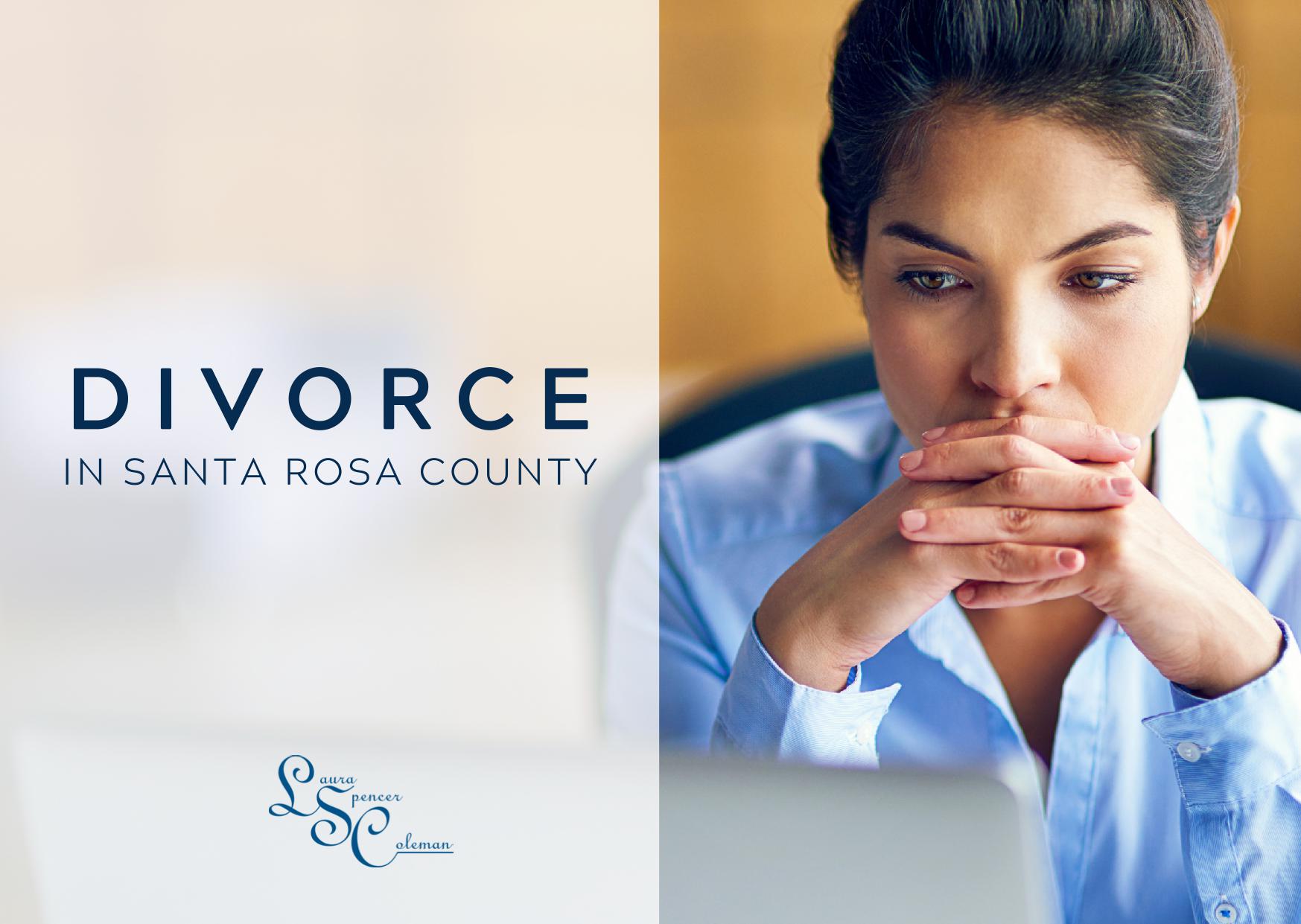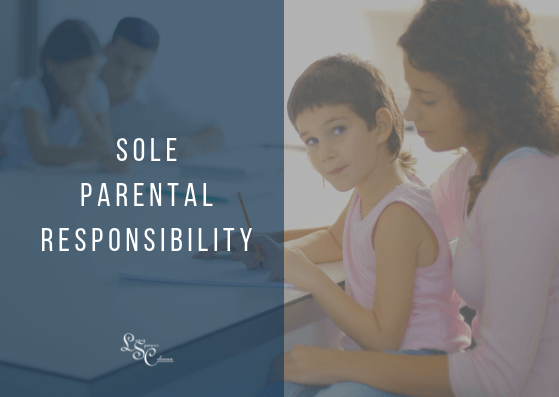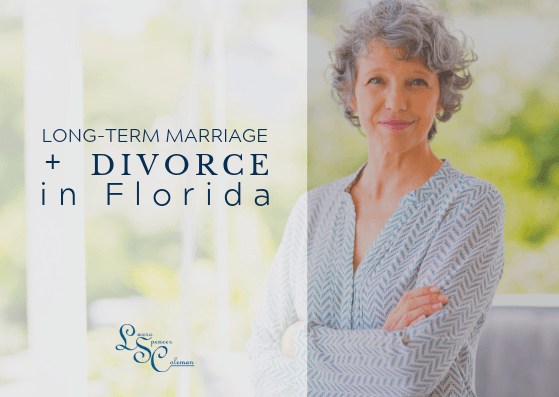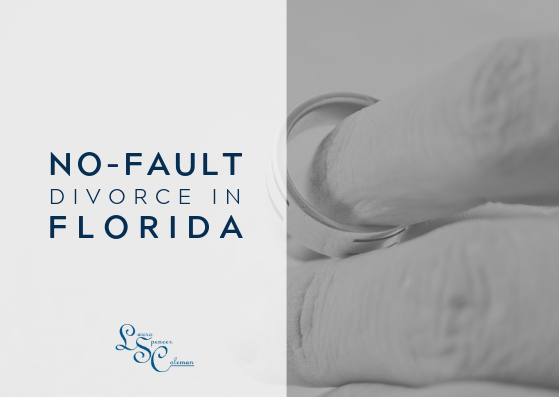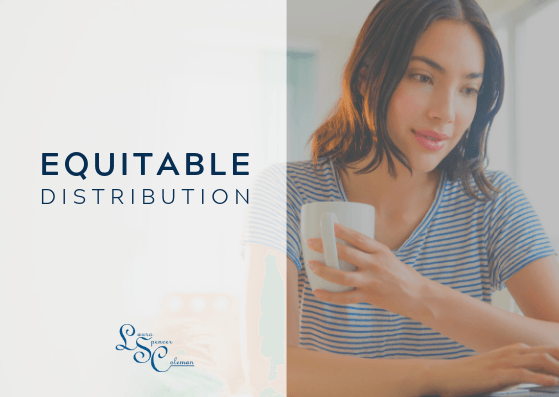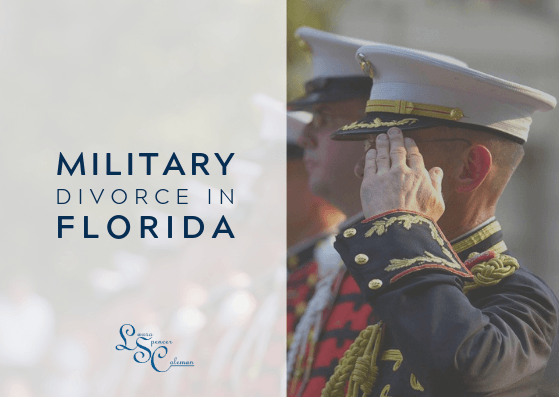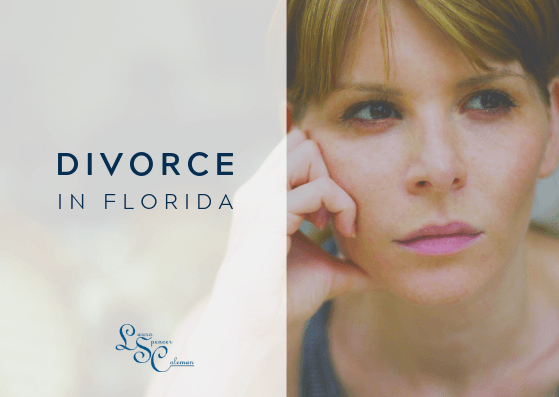Parental Responsibility Laws in Florida
- By Laura Spencer Coleman
- •
- 31 Oct, 2019
- •
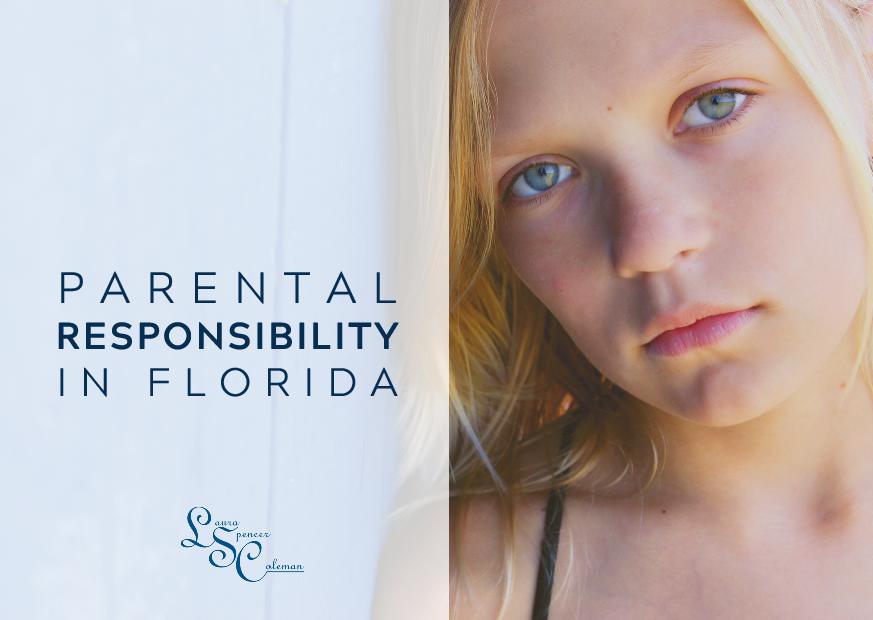
Are you facing a divorce in Florida? Do you have concerns about child custody after your divorce is finalized?
Divorce is confusing and emotionally charged enough on its own. But when you have minor children, it becomes a labyrinth of ifs, ands and buts. You have questions and concerns. You’re unsure about the future. Most of all, you want to protect and support your children during the transition. A knowledgeable and trustworthy attorney can help you navigate these issues and settle on a custody arrangement that works for your children and you.
Laura Spencer Coleman is a trusted family law attorney based in the Florida Panhandle. Her twenty years of experience make her uniquely qualified to address concerns of child custody and divorce with expertise and compassion.
Here’s what you should know about the different types of custody in Florida.
Sole Parental Responsibility
In Florida, “child custody” is no longer an official legal term. Instead, the terms “time-sharing” and “parental responsibility” are used to designate the rights and responsibilities allotted to each parent post-divorce.
A parent who is awarded sole parental responsibility of their child in Florida is responsible for making all important decisions regarding the child’s life, including his or her education, healthcare, religion, vacations and more. The parent with sole parental responsibility makes these decisions without input or guidance from the child’s other parent.
It’s important to remember that obtaining sole parental responsibility is hard. Florida courts assume that it’s in a child’s best interests for both parents to be equally involved in his or her life. Therefore, both parents are typically awarded shared parental responsibility when a marriage dissolves. In order to alter this assumption, one parent must prove that the other parent is unfit in the eyes of the court.
Your case can include documents that prove an ex-spouse’s past drug abuse or domestic violence incidents, mental or financial instability, unsuitable or dangerous living quarters, etc.
You must be able to show that your ex-spouse has ongoing issues that make them unfit to make decisions for your children or spend equal time with them.
Shared Parental Responsibility
Florida custody law begins at the premise that equal parental time-sharing and decision making is the best plan for children after a divorce. This premise is only altered when the court finds that equal time with both parents would be detrimental to the child.
With shared parental responsibility, both parents obtain full parental rights and responsibilities. Both parents must confer and agree on the child’s upbringing, schooling, healthcare, travel, and religion. As the child gets older, both parents must agree on sports, vehicle purchases, and college.
The child’s time-sharing schedule (the breakdown of when the child lives with each parent throughout the year) must be agreed upon by both parents and submitted to the court.
Florida Parenting Plans
Another important part of child custody after a divorce is your parenting plan. A parenting plan is a legal document that is developed and agreed upon by two divorcing parents regarding their minor children.
According to the Florida Supreme Court Approved Family Law Form 12.995(a), the parenting plan must lay out in detail the following aspects of a child’s life:
- How the parties will share and be responsible for the daily tasks associated with the upbringing of the child(ren)
- The time-sharing schedule arrangements that specify the time that the minor child(ren) will spend with each parent
- A designation of who will be responsible for any and all forms of health care, school-related matters including the address to be used for school-boundary determination and registration, other activities
- The methods and technologies that the parents will use to communicate with the child(ren)
Florida Child Custody Attorney: Laura Spencer Coleman
If you need guidance on divorce and child custody from a knowledgeable Florida attorney, Laura Spencer Coleman is here for you.
Contact her law office today to schedule your initial consultation.

